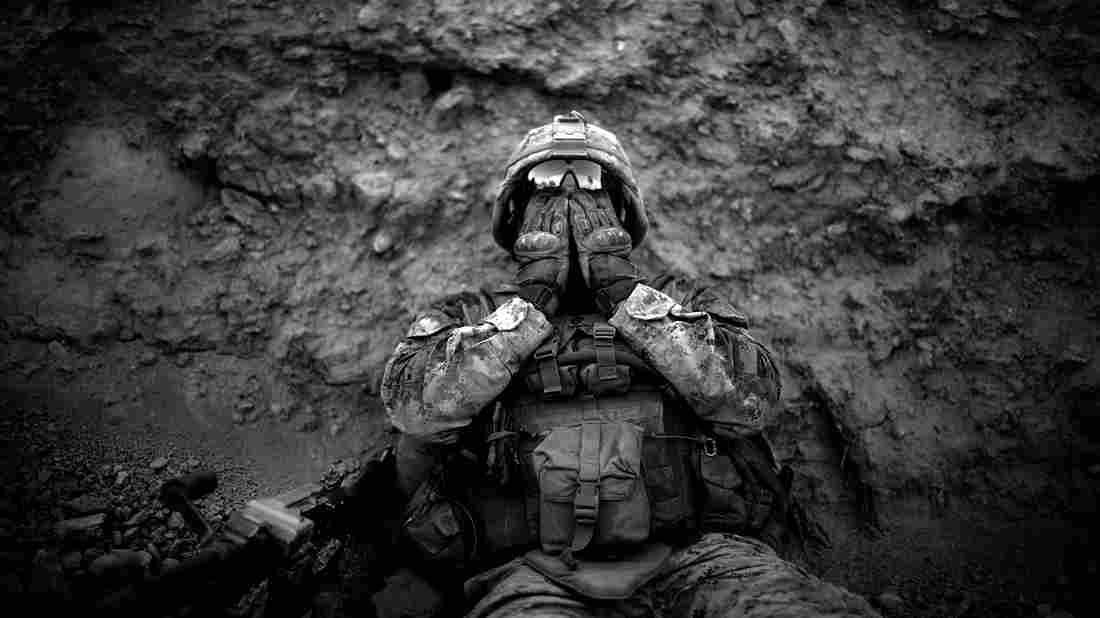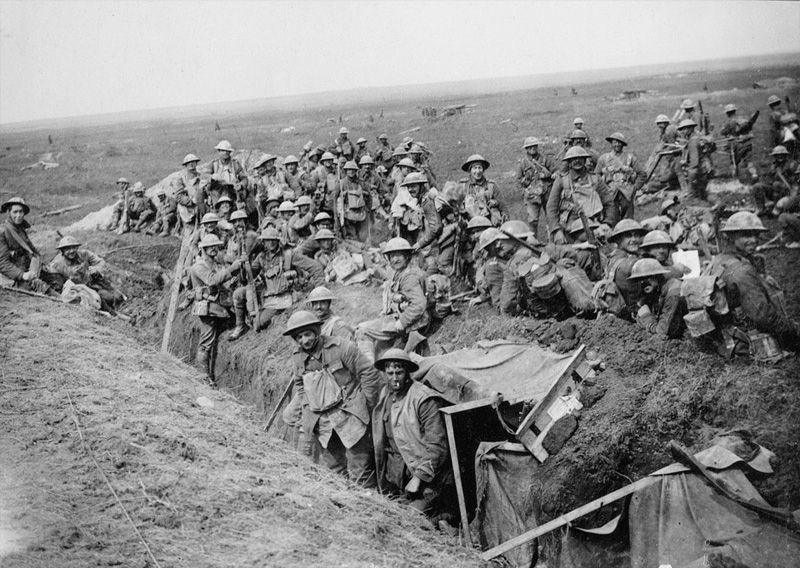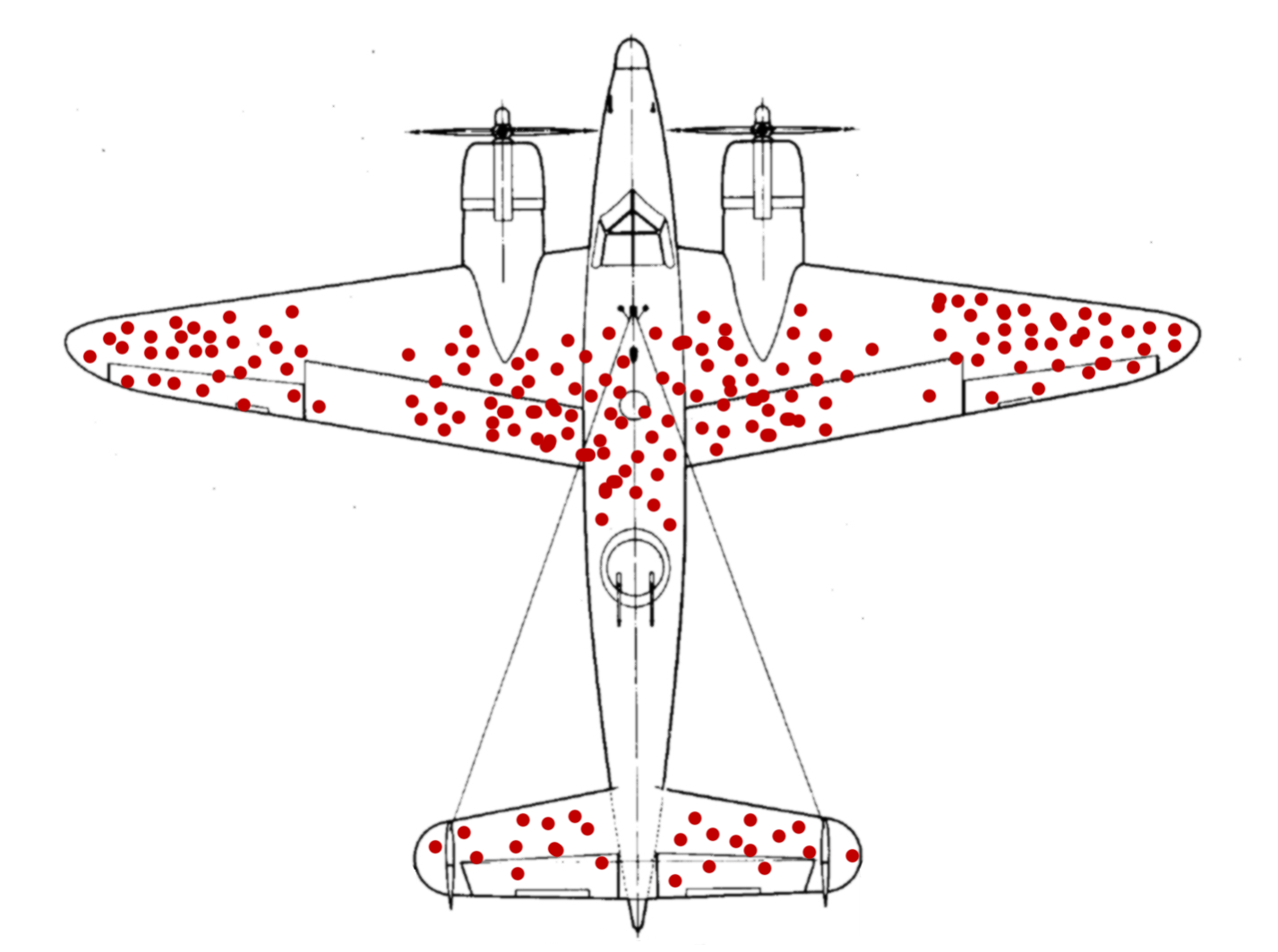Startups and The Survivorship Bias.
Musthaq Ahamad • Jan 30, 2020

For the best parts of our lives, we have been told to learn from successful people and make them an inspiration. Our education system is even awfully similar, our schools and colleges celebrate the success of students, a success category defined by the system. They quite often fail to recognize the efforts of others who couldn't fall into the criteria. We all are biased towards one or the other thing in our lives, we fail to recognize the ones who failed and to take lessons from them.
We are in an era where young entrepreneurs emerge now and then to make a difference. The entrepreneurship space has people who are an inspiration for most of the others. We quite often envy people who made it through and rarely look at the ones who couldn't make it. This can be quite dangerous, not all the stories of startups and entrepreneurs who are treated as "unicorns" can help you define your success.
Success, The term which carries an ambiguous meaning. Everyone carries their definition of success, sometimes the definition of success gets forced upon us. Just like how we might have lived some part of our lives for the success defined by others.
The Survivorship bias
By definition, Survivorship bias or survival bias is the logical error of concentrating on the people or things that made it past some selection process and overlooking those that did not, typically because of their lack of visibility. This can lead to false conclusions in several different ways. It is a form of selection bias.
When we are analyzing a situation, if we just look at the ones who are successful and not consider the lessons given by the ones who couldn't make it, that's a bias. It may sound trivial but in the real world, this can be quite dangerous. Picking up a domain by just looking at the successful companies or individuals in that field, looking at the topper of a college to determine how good the college is while ignoring the grades of all the others, there can be many examples.
If you think you are gonna be the next Mark Zuckerberg or Steve Jobs by dropping out of college, you haven't done enough research. Building a habit of learning from failures rather than just successes can help you get through a long way to come. Entrepreneurs who just look at the fortune 500 companies or the unicorns of the valley to start a business should also look at the list of companies who couldn't survive long enough in the same field.
Lessons from the World Wars

During World War I, when they first introduced the Brodie Helmets there was a drastic rise in the number of soldiers being admitted in the field hospitals due to severe head injuries. Before they could conclude that the helmets didn't do a very good job of protecting the victims from head injuries, they looked at the statistics.
Previously, the soldiers couldn't make it to the hospitals because they were dead at the spot due to the shrapnel hit to their heads. Only when they took count of the soldiers who couldn't make it to the hospitals, they understood most of these soldiers survived and are in treatment because the helmets were better than the previous ones on keeping them alive.

Another interesting story from World War II comes from the aircraft. The planes which successfully made it back to the base had several bullet holes. The idea was to add additional shields to the body of these planes so that they can survive more. The question is, Where should they put the shields and reinforce the aircraft body?
When they took a closer look at the bullet hits on the planes, they were mostly on the wings and tails of the plane. So, by theory, it makes sense to reinforce these parts so that it can take more hits? Well, nope. Those planes which made it to the base were just the survivors. This means the bullet hit points were trivial and were not dangerous/sensitive parts of the plane. Only when they took account of the planes which were destroyed, they got to know that the estimated hit points like the wings and tail were not the parts that needed reinforcements. Because the ones who got hit to the engine or cockpit never made it back to the base.

Let's not overlook the failures
Steve Jobs, Bill Gates, and Mark Zuckerberg dropped out of college, so will you become a millionaire if you drop out too? Roughly 94% of the millionaires in the US are graduates, did anyone mention that? "We'll build the next Google, next uber, next Netflix", sounds a lot optimistic when you look at the companies which hit the ground before they could take off. If we look at them, they might give us more lessons to survive than the ones who survived.

When you are working on building a product, it is necessary to look at every feature you add from all the directions. Maybe the big boys out there have a product with the same feature. But, that might not mean the same will make your customers happy about the feature. We need to look at the products which failed to make the feature usable, learn from them.
You don't always need to get inspired by other products to build your product. You will never know when you will hit the roof and and regret the decisions you took. Instead, start with a wide range of examples, from successful products to the most dreadful failures, from the best to the worst, from large to small, everything will help you if you can see both sides of the spectrum.
Reading more and more about success can never guarantee you to be successfull. But, if you read more and more about failures, it might help you avoid those failures in your path to success.